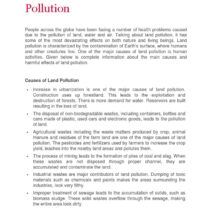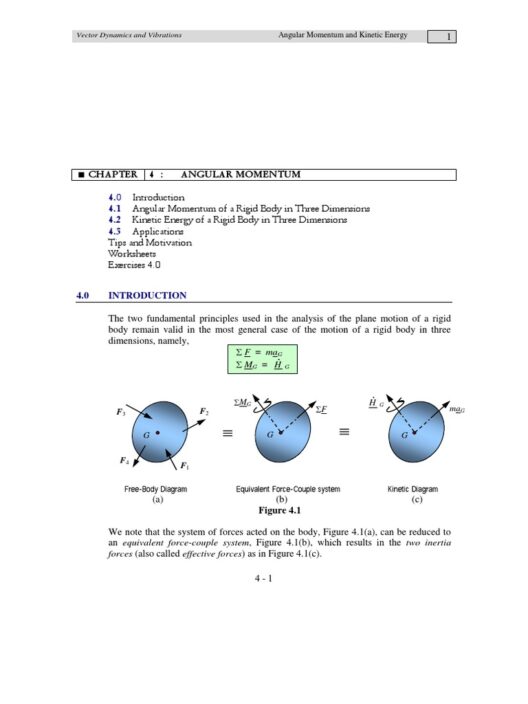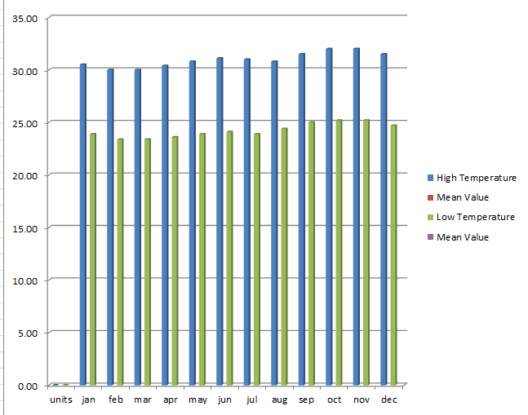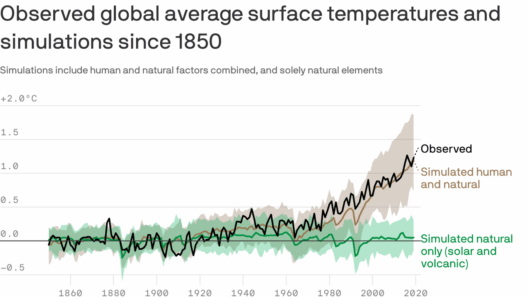The intricate relationship between our food choices and climate change requires nuanced understanding. As the global population burgeons, the ramifications of dietary decisions extend far beyond personal health. It is essential to rethink dinner not merely as a routine meal but as a potent catalyst for environmental transformation. Our plate can authenticate a commitment to sustainability or perpetuate habits detrimental to the climate.
The Carbon Footprint of Food
Every edible commodity comprises a carbon footprint, aggregate emissions generated throughout its production, processing, packaging, and distribution. Animal-based products, particularly beef and dairy, harbored substantial greenhouse gas emissions, primarily methane. The livestock sector alone is responsible for a staggering 14.5% of global emissions, outperforming even the entire transportation sector in its impact. Conversely, plant-based foods generally have a markedly lower carbon footprint. Pulses, grains, and vegetables are not only healthier alternatives but also contribute significantly less to greenhouse gas emissions. Transitioning to a diet rich in plant-based options offers a compelling method for reducing an individual’s carbon footprint.
The Role of Agriculture in Climate Change
Agricultural practices themselves can either exacerbate or alleviate climate change. Conventional methods often rely on synthetic fertilizers and pesticides, which entail substantial energy costs and environmental degradation. This reliance promotes soil erosion, reduces biodiversity, and contributes to waterway pollution through nutrient runoff—conditions that can amplify the consequences of climate change. In contrast, sustainable agriculture—incorporating techniques such as permaculture, agroforestry, and regenerative farming—prioritizes ecological balance. These practices can sequester carbon in the soil, enhance biodiversity, and promote resilience against climate-related stressors.
Local vs. Global Food Systems
Geographical sourcing significantly impacts the climate implications of our dietary choices. Local food systems, characterized by shorter supply chains, often entail lower emissions. By consuming seasonal produce from local farms, consumers support regional economies while shrinking their carbon footprint inherent in long-distance transportation. Conversely, global food systems frequently rely on extensive freight transport, which exacerbates fossil fuel consumption and greenhouse gas emissions. Understanding the benefits of local sourcing propels greater appreciation for seasonal eating, reinforcing a culture of sustainability and environmental stewardship.
The Waste Factor
Food waste remains one of the most insidious contributors to climate change. An estimated one-third of food produced globally is wasted, translating to around 1.3 billion tons annually. When discarded food decomposes in landfills, it emits methane—a greenhouse gas 25 times more potent than carbon dioxide. To mitigate this, individuals can prioritize meal planning, composting, and creative cooking with leftovers—each act diminishing waste and subsequently reducing emissions. Conversely, businesses can implement strategies to minimize waste in their operations, paving the way for a collective movement toward sustainability.
Plant-Based Paradigms
Embracing plant-based diets has become a touchstone in the climate consciousness narrative. Popular diets such as veganism, vegetarianism, and flexitarianism offer pathways to broaden one’s dietary repertoire, opting for alternatives that resonate with sustainable practices. Replacing animal proteins with plant sources can significantly diminish individual carbon footprints while maintaining nutritional adequacy. The advent of innovative plant-based products, such as meat alternatives derived from legumes and grains, signifies a shift in consumer preferences. This burgeoning market reflects a cultural evolution towards conscientious eating, underscoring the intersection of culinary arts and environmental responsibility.
Food Policy and Advocacy
Handling the complexities of food systems necessitates a robust policy framework to catalyze sustainable practices within agricultural settings. Advocacy for policies that prioritize ecological farming, carbon pricing for food emissions, and incentives for local consumption are paramount. Governments can play a crucial role in shaping dietary choices through educational programs promoting sustainability and environmental awareness. These initiatives can empower individuals with the knowledge necessary to make informed decisions that resonate with climate goals. Furthermore, investment in research and extension services promotes innovative practices that bolster sustainability, driving a collective commitment towards carbon neutrality.
The Power of Education and Community Engagement
Enhancing public awareness of the food-climate nexus is vital. Engaging communities through workshops on sustainable cooking, gardening, and preserving seasonal produce can foster grassroots involvement in climate action. Educational institutions can further serve as incubators of innovation, integrating sustainability curricula to cultivate the next generation of environmentally literate citizens. Collective actions, whether through community gardens, farmers’ markets, or collaborative cooking events, can engender a deeper appreciation for food systems and their connection to climate change.
The Future of Dinner
The future of dinner hinges on how effectively society embraces sustainability as a dietary standard. Rethinking dinner transcends mere consumption; it prompts critical examination of personal and collective responsibility towards the planet. As consumers equip themselves with knowledge and tools to enact change, they wield the ability to shift paradigms, championing environmentally-friendly practices. Ultimately, the choices made at the dinner table can reverberate through economic, social, and ecological spheres—a testament that mindful eating is a cornerstone in combatting climate change.
In sum, the dynamic interplay between food choices and environmental impact necessitates an unwavering commitment to ecological stewardship. As individuals assess their dining practices, they will discover that indeed, transforming our cuisine can lead to a more sustainable tomorrow.







